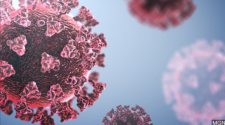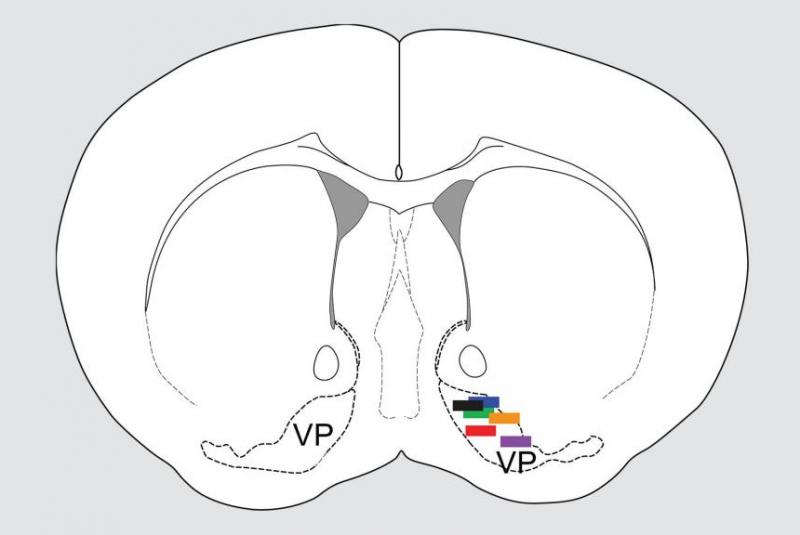Dec. 31 (UPI) — The human brain is naturally trained to seek pleasure and avoid pain.
Now, a new study in mice has provided some clues into how these processes occur. The findings, published Tuesday in the journal Neuron, may improve understanding of the way the brain performs in people with certain mental health disorders.
“Behavioral changes in people with depression or stress-induced anxiety may be caused by changes” in how the brain responds to positive and negative stimuli, said Cold Spring Harbor Laboratory professor and study lead author Bo Li, in a press release.
Li and his colleagues believe their work has revealed that different classes of neurons control positive and negative motivation and transmit opposing signals along a shared motivation-processing brain circuit. Ultimately, the balance of activity between these two groups of cells may determine whether a person acts to seek out pleasurable experiences or avoid negative ones, they noted.
In general, the ability to recognize and respond to potential rewards or punishments depends in part on a part of the brain called the ventral pallidum. In earlier studies, researchers have observed activity in this brain region when animals seek rewards or avoid punishments.
However, the Cold Spring Harbor Laboratory team wanted to understand how different types of neurons that reside in this part of the brain work to ensure an animal responds appropriately to signals associated with both types of motivation. To do so, they trained mice to associate certain sounds with either a sip of water, a reward, or a puff of air, a punishment.
Then, they took advantage of research tools that allowed them to monitor the activity of individual brain cells and to confirm those cells’ identities with a flash of light, using the technique to monitor neural activity in the ventral pallidum.
Overall, they found that neurons that used the neurotransmitter GABA to dampen activity in the circuit influencing motivation were important in motivating the mice to seek a water reward. Conversely, the neurons that used the neurotransmitter glutamate to excite the brain circuit were essential for avoiding the air-puff punishment.
In addition, in more complex scenarios, in which the mice were presented with the potential for both punishment and reward, both sets of neurons responded. In these situations, the mice made different choices in response to the combined stimuli: Thirsty animals, for example, were more willing to risk an air puff to obtain a sip of water than animals that had consumed their fill.
However, if Li and his team artificially shifted the balance of activity in the ventral pallidum by manipulating one class of neurons or the other, they found they could alter the animals’ behavior.
That balance between signals that either inhibit or excite neurons in the ventral pallidum appears critical in controlling which motivation an animal acts on, Li noted. Now, he is eager to find out whether it’s disrupted in people with psychiatric disorders by using this study as a springboard for future research into the causes and symptoms of these conditions.
For example, people suffering from depression may stop doing things that once gave them pleasure, while people with anxiety disorders may go to greater lengths to avoid potential threats, Li said.
















